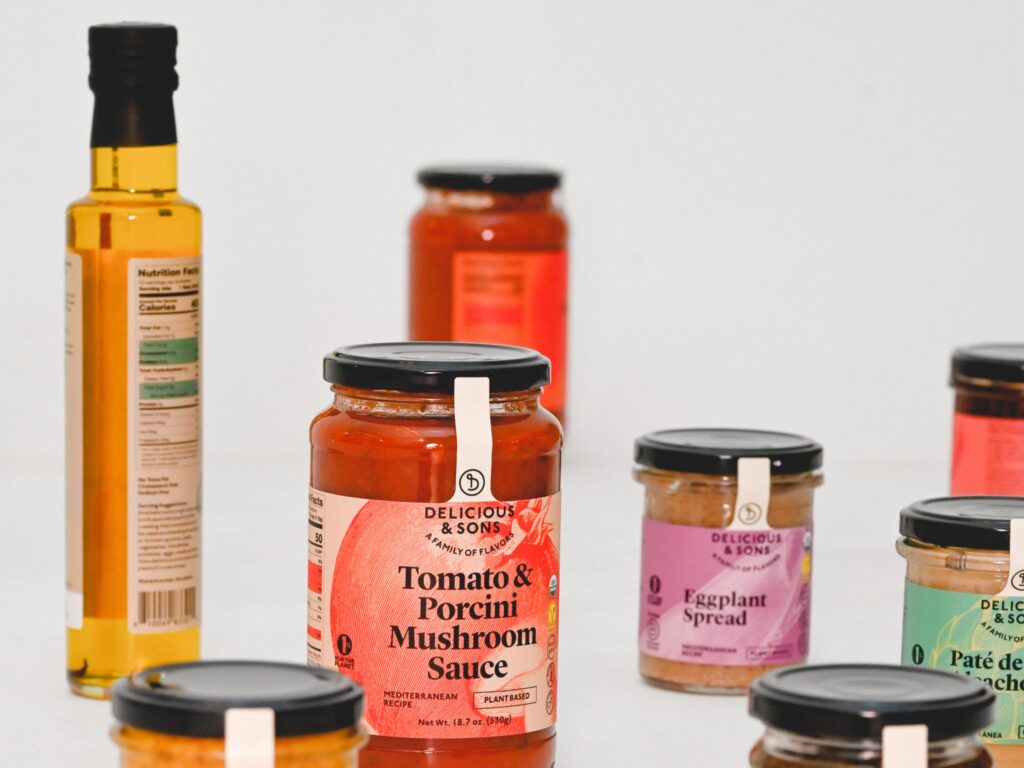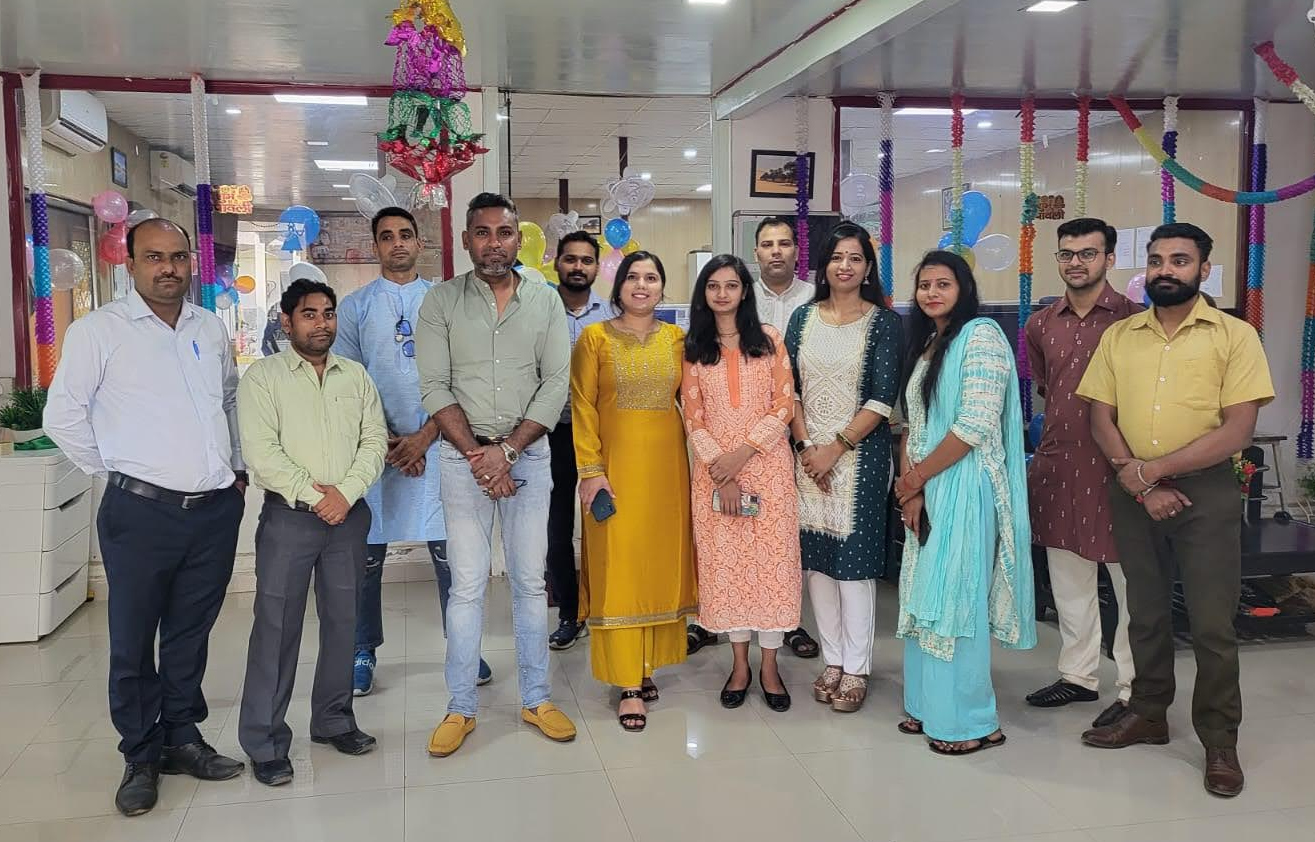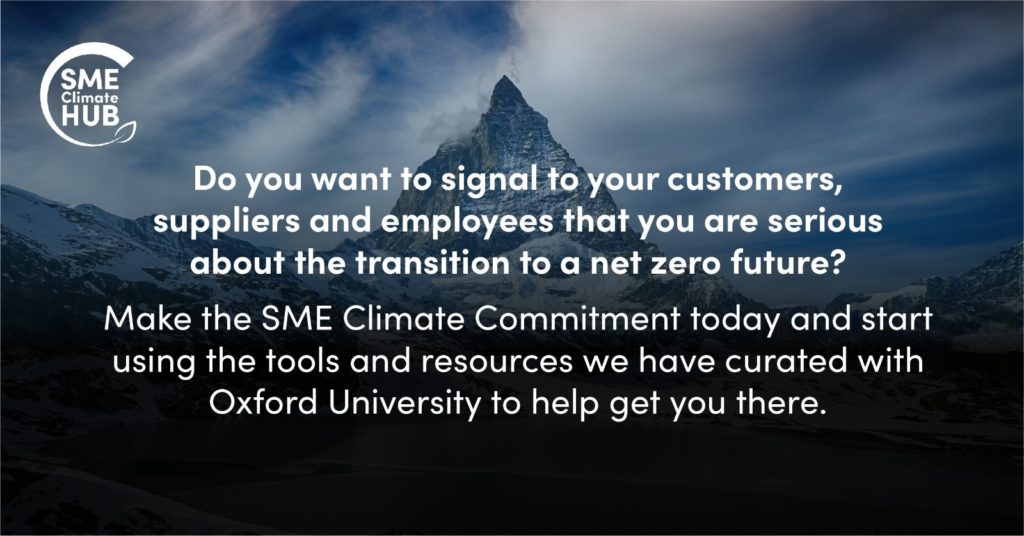As the climate crisis takes hold in Spain, food industry business Delicious & Sons seeks to prosper through sustainability
The Food Industry faces major obstacles in order to transform its productive model
As we advance in the fight against climate change, it becomes clear that we must address the most polluting sectors in a more direct and effective way. This is the case with the food industry, which is fundamental for our survival but at the same time, presents some of the biggest threats to our climate objectives.
There is no doubt that this industry requires a never-ending quantity of resources and produces a significant amount of carbon emissions, with estimations at approximately over 17.000 metric tons of CO₂, or 26% of greenhouse gas emissions worldwide. As such, the industry’s pollution and the consequences of climate change feed back on each other, resulting in droughts and wildfires that harm the harvests a temperature rise that especially affects the oceans’ biodiversity, such as seagrass, and an overall loss of the nutritional properties of our food. Furthermore, projections indicate that, by 2050, this industry must grow to meet the estimated population growth.
Currently, the Food Industry produces the most pollution, accumulating over 34% of the global greenhouse gas emissions. The relevance of this data reflects a need for change, with sustainable food proving itself as one of the best alternatives for the industry, as it strives for a type of food production with low environmental impact, while being economically fair and affordable, as well as nutritionally healthy, according to UN’s Food and Agriculture Organization.
At SME Climate Hub we provide small and medium enterprises (SME) with the resources and tools they need to start their sustainable transformation. SMEs play a crucial role in the European food industry, making up 99% of the European Union industry with over 290.000 SMEs. Spanish entrepreneur Mónica Navarro, CEO of the sustainable food company Delicious&Sons, shared her experience with the SME Climate Hub and how its tools and resources have contributed to her company’s sustainability success.

What inspired your company to take climate action? Are you working with partners, such as local governments or corporate clients, who are pushing to reduce their emissions?
Delicious&Sons was born with a DNA rooted in sustainability, including our supply chain, so we can protect our planet. Long story short, we prioritize working with products that require ecological agriculture, so that we respect our nature via a transition towards regenerative agriculture and, as a result, become more resilient against climate change.
Food is something that has a significant impact on our species and the planet. We want to leave a positive footprint because we believe we can help change things within the food system.
We are part of the B Corp movement and the SME Climate Hub. There is strength in numbers and there are more and more companies of all sizes that want to change the sustainability landscape. We are fighting to show that things can and should be done differently.
Does climate play a role in the products you sell and/or procure? Do you think about Scope 3 emissions when creating something new and/or working with new suppliers?
Of course, we have agency in every stage of our value chain, from the seed to the product on the customer’s table. We work and control it to the maximum, but it’s not always easy, and we are not perfect. For us, it is logistics that must advance and evolve at a faster rate, so it can become both sustainable and affordable, which is the biggest challenge we face.

Have you been affected by the recent increase in energy costs? How do you expect this to affect your business?
We have been affected in the same way everyone else has. From our experience, it has affected us due to our decision not to raise prices in recent years. The overall cost increase has been steady over time, forcing us to eventually study a slight and minimal increase that we must add to the product. This is something negative that plays against us, as certified organic food products should not be suffering from these increases; we should get help instead because the product we eat is essential to our health, and this is noteworthy to remark. So, we believe that these products should be more affordable for the consumers.
Why would you recommend small businesses inside and outside your industry to take climate action?
This is a complex question because it has many answers, but the most obvious one is that we can look around and realize that the way we have done business up to now is not feasible. The earth is dying and any action we take, whether from the company or from the individual, should help to ensure that this trend does not continue to rise, but that we decrease and control our impact.
How has the SME Climate Hub initiative enabled your company to take climate action? How are you using your tools and resources?
Once we committed to be Net Zero by the year 2030, at COP25, we decided to be a part of the SME Climate Hub. The Climate Hub provides fantastic resources such as the possibility of calculating our footprint and being able to draw a clear and defined strategy to achieve our goal. Moreover, it is a useful and interesting initiative that allows us to be part of a group of companies that share common values. Nowadays, thanks to our current situation with Climate Change, it is more than necessary to have that kind of support net


